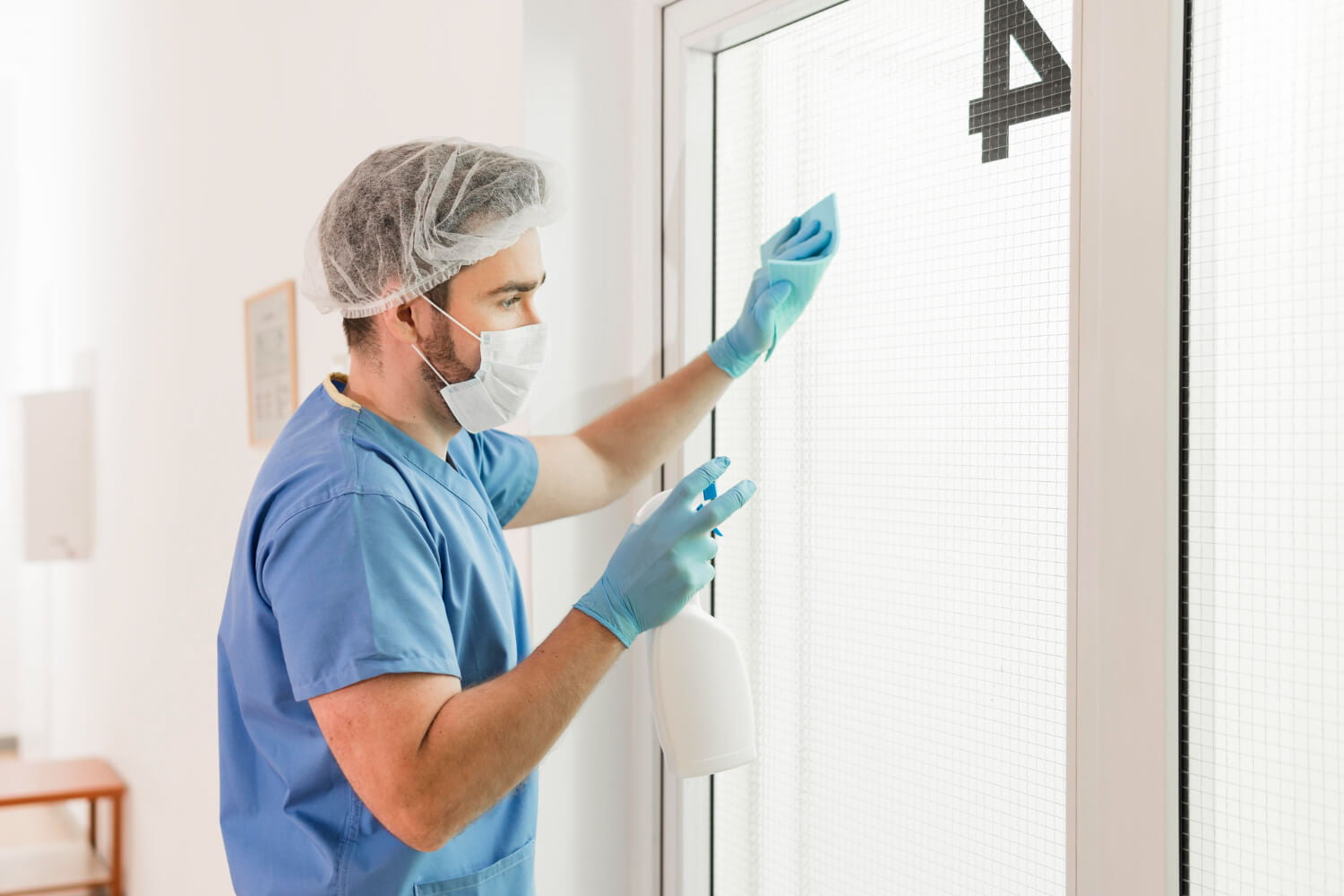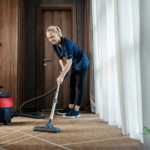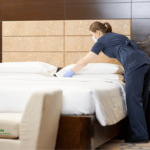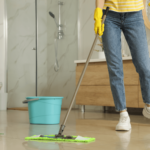Maintaining a clean and hygienic healthcare facility is absolutely critical for patient safety and positive health outcomes. However, keeping a hospital or clinic clean and infection-free can be an immense challenge. From busy emergency rooms to intensive care units, healthcare environments harbour a diverse range of germs and require rigorous cleaning protocols. This is where professional cleaning services skilled in medical facility disinfection become invaluable.
Contracting reliable cleaning services for healthcare facilities ensures the thorough removal of dangerous microorganisms. With consistent and proper sanitation, the risk of healthcare-associated infections (HAIs) greatly reduced. So what should medical facilities look for in a cleaning service to promote safe and hygienic standards?
Specialised Training and Equipment
Cleaning medical facilities requires specialised training, as the processes and equipment involved are far more advanced than general commercial cleaning services. Look for cleaners with demonstrated expertise in medical-grade disinfection, as well as continuing education in infection control and compliance standards.
Using the proper sanitising agents and equipment is also key. Cleaning services for health care facilities should utilise Environmental Protection Agency (EPA) approved disinfectants capable of eliminating viruses, bacteria, and fungi. Scrubbing hard surfaces with microfiber cloths and mops helps remove grime more effectively than conventional cotton materials.
Electrostatic sprayers enable disinfectants to adhere to all types of surfaces evenly for comprehensive germ elimination. Proper techniques like wiping surfaces and equipment from top to bottom further contain the spread of microorganisms.
Thoroughness and Attention to Detail
A cleaning service for a medical facility must be meticulous and thorough. All areas require care and attention – from patient rooms and operating theatres to public restrooms and waiting areas. Tidying clutter, dusting overhead fixtures, scrubbing floors, and sanitising beds, railings, doorknobs, and medical equipment are essential.
This stringent cleaning must take place continually around the clock. High-traffic zones need frequent wiping downs. Isolated corners or crevices that accumulate dirt must not be overlooked either. Consistent, detailed cleaning leaves no place for germs to hide and multiply.
Customised Cleaning Plans
Every health care facility has unique needs and challenges when it comes to disinfection. An effective cleaning service should assess a medical building and devise a customised cleaning plan accordingly. This may involve deploying cleaners during less busy hours or scheduling more frequent sanitation of problematic areas.
Tailored plans allow cleaners to tackle infection prevention in a strategic manner. Having set cleaning checklists and documentation also provides accountability. Cleaning services should communicate regularly with facility managers to assess if current methods are working or need adjustment.
Training of In-House Staff
A cleaning service for medical facilities does not have to shoulder the disinfection burden alone. Instructing in-house environmental services staff on proper sanitisation techniques can make maintaining cleanliness a group effort.
Providing initial and ongoing training empowers internal staff with the knowledge needed to uphold sanitation standards. This can include guidance on equipment use, hand hygiene, surface wiping, and the handling of disposable items like dressings, syringes, and gloves.
Use of Quality Cleaning Products
Using commercial-grade cleaners specially formulated to eliminate hazardous bacteria like MRSA and C. difficile is paramount in medical settings. Disinfectant products must be hospital-level, fragrance-free, non-toxic, and registered with the EPA.
Seeking out green-certified cleaners is an eco-friendly option as well. Cleaning services for healthcare facilities should be well-versed in using these disinfectants safely and effectively. Providing disposable microfiber cloths and mops for dedicated use in isolation areas also contains contamination.
Adherence to Standards and Compliance
Various regulatory bodies provide infection control directives that cleaning services in healthcare settings must adhere to. This includes standards for hand hygiene, surface disinfection, and the management of hazardous waste.
Services must be well-versed in guidelines provided by entities like the Centers for Disease Control and Prevention, the Occupational Safety and Health Administration, and local health departments. Strict compliance fosters facility-wide commitment to reducing HAIs.
Partnering With a Reliable Cleaning Company
Affordable Cleaning and Gardening Services is a trusted cleaning company in Parramatta with over 20 years of experience keeping medical facilities clean and infection-free. Our skilled cleaners are specially trained in advanced disinfecting methods and updated on the latest industry standards. We develop customised cleaning plans tailored to each facility’s unique needs while providing ongoing training to in-house environmental services staff.
With a diligent focus on detail and hospital-grade products, we ensure healthcare environments remain optimally sanitised for patient safety. Get in touch today to learn more about our medical cleaning services.
Frequently Asked Questions
✓How often should cleaning take place in a healthcare facility?
Healthcare facilities require very frequent cleaning. High-traffic areas like waiting rooms, hallways, and restrooms need sanitising multiple times per day. Patient rooms and operating areas require thorough disinfection after each use.
✓What makes cleaning medical facilities different from general commercial cleaning?
Cleaning healthcare settings requires special training, hospital-grade disinfectants, and adherence to strict protocols required by regulatory bodies. Precise techniques must be used to eliminate dangerous germs that can lead to life-threatening infections.
✓Why is it important to work with a cleaning company specialising in medical facilities?
Medical facility cleaning requires expertise in infection control and the use of specialised equipment and EPA-approved products. Cleaners need ongoing training in health and safety standards as well. A cleaning company dedicated to healthcare settings will understand exactly what is needed to ensure patient safety.
✓What are some key areas that require vigilant cleaning in healthcare facilities?
High-touch surfaces like handles, railings, chairs, switches, and medical tools, as well as restrooms, waiting areas, and nursing stations, demand the most frequent and rigorous cleaning. Isolated corners that can harbour dirt also require attention.
✓How can cleaners work collaboratively with in-house environmental services staff?
Professional cleaners can provide initial and ongoing training to internal staff on sanitation best practices, techniques, and equipment operation. Effective communication ensures cleaning expectations and duties are clearly defined between both parties.






